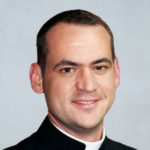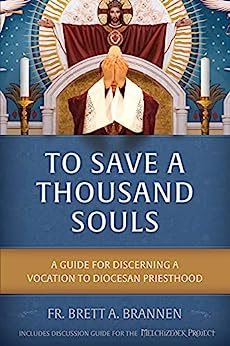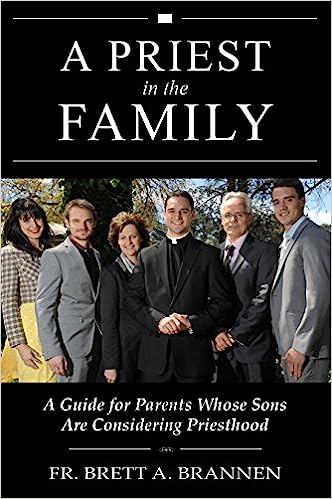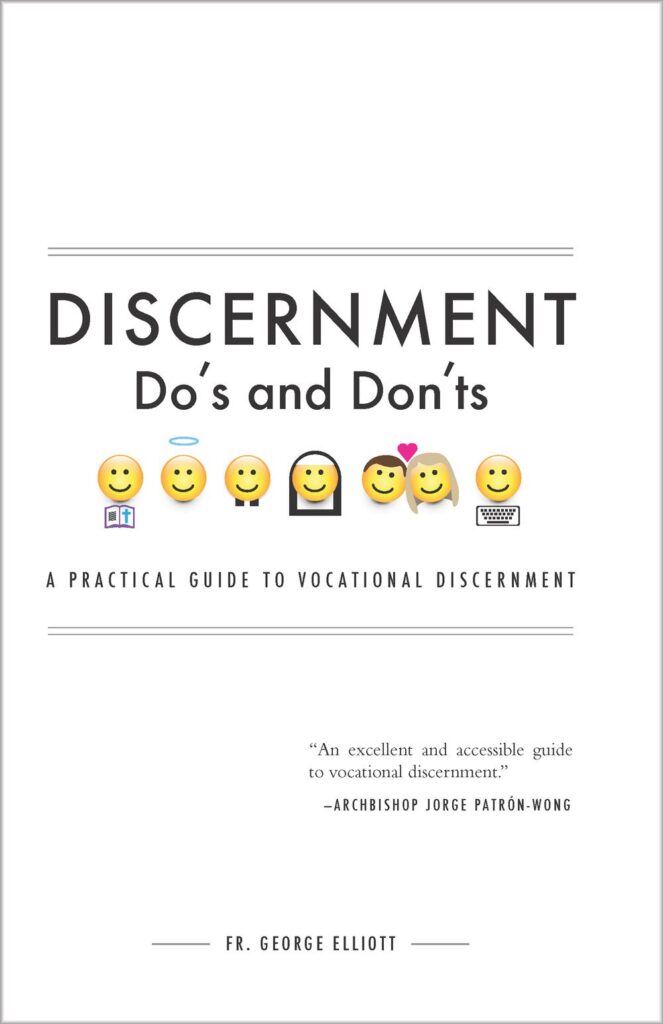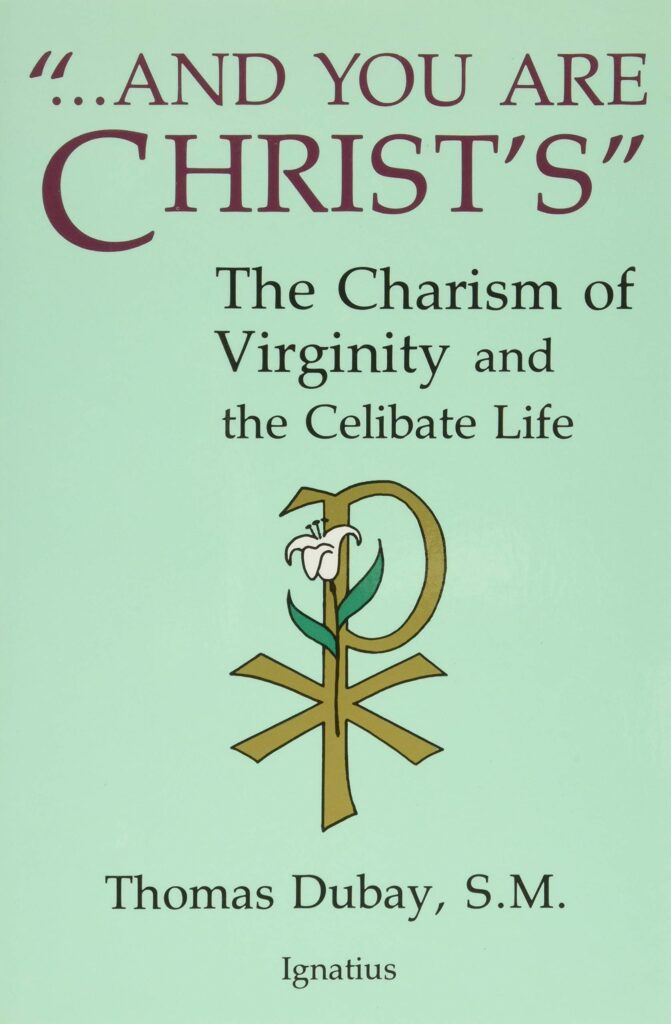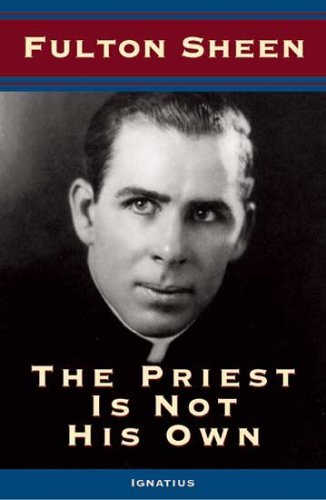Discernment
Do you feel like God may be calling you to the priesthood, but you don’t know how to find out for sure? If so, you’re in good company! For most of us, discernment is a process. It takes time to learn to recognize God’s voice and to learn how to follow where He leads.
Discernment is a time of prayer and study with the purpose of gaining clarification on the calling to the priesthood. A priest is called to a virtuous life of poverty, chastity, obedience, penance and prayer and the time of discernment is an opportunity to examine these aspects more fully. Discernment occurs at different rates for different people. It is not to be raced through, but accepted as a gift of time for reflection and thought.
Are you experiencing the call? Do you:
- Have recurring thoughts, feelings or an attraction to the priesthood as a personal way of life?
- Discover Bible passages that appeal to your heart or you feel are speaking directly to you?
- Admire priests or priestly life and have a desire to follow in their footsteps?
- Feel a strong call to glorify God through serving others?
- Have a deep appreciation of the Catholic faith and want to share it with others?
What to do while you’re discerning
Discernment is a deeply personal process, yet it involves several steps that can work for everyone: prayer, information gathering, and reception of the sacraments.
- Ask God regularly what your vocation is, and pray for guidance and insight.
- Ask Jesus to be part of major decisions in your life, and be attentive to the fruit of the Holy Spirit (joy, peace, gratitude, etc.) to make sure what you desire is what God desires.
- Ask people who live different vocations (married, religious, priests, deacons) about the blessings and challenges of their vocations.
- Ask people you trust and respect, including your pastor, for guidance as to how they think God might be asking you to love.
- Be active in the life of the Church.
- Participate frequently in the sacraments (particularly Mass and confession), study the faith and grow in your own personal prayer life.
- Be of service to your brothers and sisters and engage with your community.
- Learn and follow the Church’s primary teachings for growing in holiness.
- Develop and understand your particular gifts, and where those overlap with the greatest need in your local community. (Successful discernment also includes discovering where you don’t have gifts.)
— Source: Archdiocese of Seattle
Recommended reading and videos
“To Save a Thousand Souls”
by Fr. Brett Brannen
“A Priest in the Family”
by Fr. Brett Brannen
“Discernment Do’s and Don’ts”
by Fr. George Elliott
“And You are Christ’s”
by Fr. Thomas Dubay, S.M.
“The Priest is not His Own”
by Ven. Fulton Sheen
Remember: God is in charge every step of the way, and you are not alone on your journey. God loves you and wants to lead you to fulfill His will for your life. This takes time, so strive to stay close to Him in your sacramental life and in prayer. He will guide you to where you need to be, so be not afraid! Many people are here along the way to help you. Start by talking with your parish priest, or reach out to our vocations staff:
Contact Us
